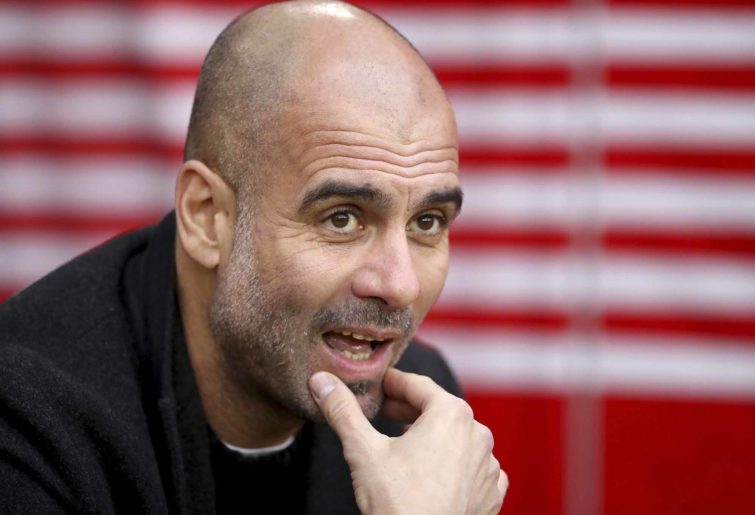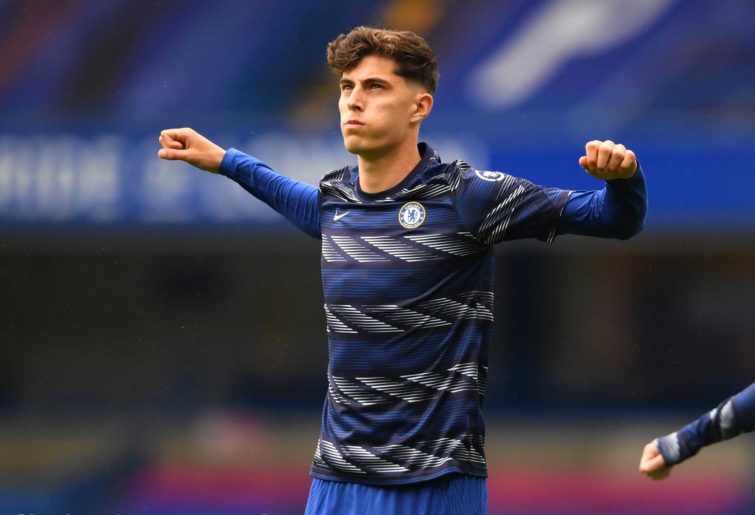The Roar's A-League Men tips and predictions: Round 25
In all likelihood, just sixth spot remains up for grabs as we approach the final three rounds of A-League action in season 2023/24 and…
Opinion
On April 18, 2021, 12 of the biggest clubs in world football revealed a plan to launch a breakaway league, which they called the Super League.
The competition was meant to replace the existing continental competitions run by UEFA. The 12 clubs in question are the big six from England: Manchester United, Liverpool, Chelsea, Arsenal, Manchester City and Tottenham Hotspur, along with Spanish giants Real Madrid, Barcelona and Atletico Madrid and Italy’s Juventus, Inter Milan and AC Milan.
These clubs highlighted the COVID-19 pandemic’s financial impact as a primary drive behind the idea. The idea was met by outrage from pundits, ex-players and fans alike. Social media erupted, angry fans protested outside stadiums and 48 hours later the idea was as good as dead. All clubs except Real Madrid, Barcelona and Juventus have announced that they are abandoning the project.
In a European framework, the Super League was an unfamiliar idea: a closed shop league in which the 12 founder clubs are guaranteed entry every year and will share all dividends among themselves. Basically, it’s an adoption of the American model of franchise leagues, albeit without the fundamentals that allow it to remain competitive such as salary caps and drafts.
It’s a betrayal of the basic principles that football has been built on over a century ago. A competition not based on sporting merit, doesn’t have the risk of relegation, the reward of promotion, or the prospect of missing out on a spot in continental competitions based on where teams finish in their domestic leagues. It’s greedy and disruptive to the football pyramid system.
A day after the announcement, Manchester City’s coach, Pep Guardiola, was quizzed about it. Even though he admitted that he needs more details before making a judgment, he expressed his discontent with the concept. “It is not a sport where the relation between effort and success does not exist,” Guardiola said while revealing that he only knew about the plan a few hours before it was announced. He added, “It is not a sport where success is already guaranteed, or it doesn’t matter if you lose. I said many times, I want the best competition. It is not fair when one team fight, fight, fight at the top and cannot be qualified because it is just for a few teams”.
If anything, this highlights how abruptly the plans have been made and announced in board rooms without even consulting the most important stakeholders, which are the players and managers. Managers were hung out to dry in their weekly press conferences, having to answer questions on something they had no clue would happen when it did.

(Adam Davy/PA via AP)
FIFA, UEFA, all domestic leagues, the British government and many football legends rallied out passionately against the idea. Boris Johnson, the UK prime minister, vowed that the government will do everything possible to make sure that the Super League does not become a reality now or in the future.
He told the media: “I don’t think it’s good news for fans, I don’t think it’s good news for football in this country”. The other 14 Premier League clubs who are not among the super six held an emergency meeting and came out with a united statement that read: “The 14 clubs at the meeting unanimously and vigorously rejected the plans for the competition. The League will continue to work with key stakeholders including fan groups, government, UEFA, the FA, EFL, PFA, and LMA to protect the best interests of the game and call on those clubs involved in the proposed competition to cease their involvement immediately”.
The idea of stacking all the big clubs together in one league might sound good in theory, nevertheless, it’s very likely that it wouldn’t be exciting. The Champions League is considered as the pinnacle of club competition, the holy grail for big clubs. Players and managers dream of winning it. Part of its excitement is the unpredictability it brings — fans look forward to the draw to see which big teams are paired together and it becomes a memorable occasion when two European giants collide.
If these match-ups then become recurrent every other week it would eventually become meaningless, wouldn’t it?
For years, there were rumours that clubs’ rich owners were discussing this idea behind closed doors, however, the timing of its announcement is no coincidence. Like any other business, European football was hit hard by COVID-19. The financial hardship suffered by clubs from top to bottom of the football pyramid was the main factor that turned the Super League from rumours to reality.
A report prepared by Deloitte found that the 20 clubs that generate the highest revenue in European football would suffer over €2 billion loss in revenue by the end of 2020/21 season. The assessment highlighted a 17 per cent drop in matchday income – resulting from the absence of fans during games – and a 23 per cent fall of broadcast deals as the major factors behind the huge loss.
According to European Club Association (ECA), football clubs in 55 countries around Europe are estimated to lose over €3.7 billion in revenue over 2020 andamp; 2021. This means that the 20 biggest clubs alone are set to lose more than all the other clubs combined, hence the eagerness of some of them to create a breakaway league.

(Photo by Mike Hewitt/Getty Images)
The Super League’s launching statement maintained that “the global pandemic has accelerated the instability in the existing European football economic model” and added later in the statement that “The pandemic has shown that a strategic vision and a sustainable commercial approach are required to enhance value and support for the benefit of the entire European football pyramid”.
The numbers actually back these claims up. For example, Real Madrid and Barcelona, arguably the biggest two clubs in the world, reportedly have a gross debt of €901 million and €1.173 billion respectively. The Real Madrid president, Florentino Perez, has been and still is the biggest advocate for the Super League. To his credit, he’s the only chairman out of all clubs involved who has had the courage to publicly address the issue and has since refused to back down.
Speaking to Spanish TV, he said: “The pandemic has changed everything; it has made us all more vulnerable and also football. Football needs formulas that make it more competitive and exciting”. Perez argued that UEFA is failing the clubs and insisted that changes need to happen. He genuinely believes that the Super League is the answer going forward. He added: “Football reform cannot wait and must be faced. We have a responsibility to fight for this change”.
Indeed, there’s always room for improvement in any industry and football is no different, however, the way the big clubs approached it was wrong. FIFA and UEFA are by no means angels; they too are entities that are driven by money and greed. UEFA along with the domestic leagues reacted strongly to condemn the idea and threatened with sanctions and bans, but make no mistake, they reacted that way in fear of losing their cash cows, not for the good of the fans and grassroots football.
The 12 clubs’ seemingly amateur, abrupt approach didn’t gain them any supporters and allowed UEFA to vilify them and claim the football saviour role. Yes, changes can be made but these clubs came up with a plan that serves themselves only. What if instead of the Super League, they had come up with a competition that replaces the Champions League for all European clubs? If they created a new competition format and a long-term plan backed by numbers that prove that UEFA is failing to maximise the potential of the product, then they would have had the backing of all the clubs on different levels and fans would have listened with an open mind.
This would have highlighted UEFA’s shortcomings and pushed towards real changes for the good of all parties involved. Choosing to simply break away rather than offering an alternative for everyone was simply selfish, greedy, and deserved the reactions it got.
The pandemic’s impact made the Super League seem like a possibility. It brought up the major problems that have been mounting in the beautiful game for decades and made it reach a boiling point. All those problems such as the wealth disparity, fans’ helplessness, rich owners’ greed and a lack of effective communication still exist.
The Super League might be dead for now, but this story is far from over. Yesterday, retired footballers in England launched a parliamentary petition, calling for the appointment of an independent football regulator. The petition already has more than 100,000 signings. Tensions are building and drastic changes are inevitable in the next few years.
Whether those will be for better or for worse remains to be seen.